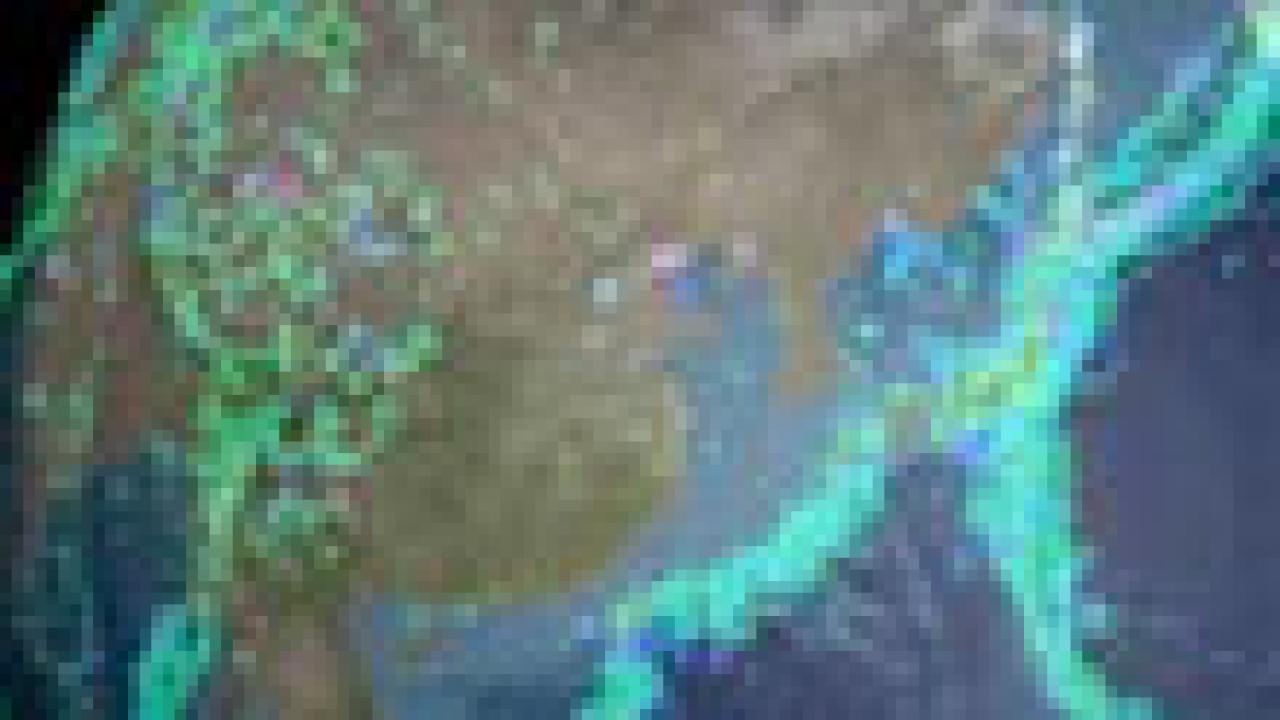UC Davis has the following experts available to talk about the Japan earthquake and its aftermath, from the psychology of recovery to liability issues related to Japan's failed nuclear power plants.
Psychology of recovery
Joshua Breslau, a medical anthropologist and psychiatric epidemiologist, worked in Japan during the 1995 Kobe quake and can talk about how people recover psychologically following traumatic losses. Breslau is an associate professor of internal medicine. Contact: Carole Gan, UC Davis Health System public affairs, (916) 734-9047, icfaloona@ucdavis.edu.
Radiation health concerns
Jerrold T. Bushberg, a professor of radiology and director of Health Physics Programs at UC Davis, has served as a consultant in nuclear medicine, health physics, and radiation biology to several national and state organizations and agencies. He is a member of the main scientific council of the National Council on Radiation Protection and Measurement as well as its Scientific Advisory Committee on Radiation Protection in Medicine. He is a diplomate of the American Board of Science in Nuclear Medicine and the American Board of Medical Physics. Contact: Dorsey Griffith, UC Davis Health System public affairs, (916) 734-9118 office, (916) 762-5615 pager, cmbruhn@ucdavis.edu.
California milk safety
There is no indication that the safety or quality of California’s milk supply has been compromised by radiation emanating from damaged nuclear power plants in Japan, according to UC Davis veterinarian Michael Payne at the Western Institute for Food Security and Safety. Payne directs the California Dairy Quality Assurance Program, which provides on-farm assistance to help dairy producers meet regional, state and federal environmental regulations. He notes that federal agencies in the U.S. are aggressively monitoring air, water and food for any increase in radiation levels, although officials do not anticipate a significant rise here. Contact: Michael Payne, Western Institute for Food Safety and Security at UC Davis, (530) 757-5762 or (530) 304-9306 cell, madelucchi@ucdavis.edu.
History of recovery efforts
Modern humanitarianism can be traced to one of the 20th century’s most infamous atrocities, the Armenian genocide, according to UC Davis historian Keith David Watenpaugh, an associate professor religious studies. Before that time, he said, people tended to accept suffering as natural or normal and believed little could be done to stop it. Watenpaugh is the author of “The League of Nations’ Rescue of Armenian Genocide Survivors and the Making of Modern Humanitarianism, 1920-1927,” a paper published in the December 2010 issue of the American Historical Review. Contact: Keith David Watenpaugh, Religious Studies, (530) 752-1344, ifujimoto@ucdavis.edu.
Japanese culture
Chia-ning Chang, professor of Japanese literature, can discuss modern Japanese cultural and literary history. His most recent research areas include the intellectual and cultural history of Japan. Contact Chia-ning Chang, East Asian Languages and Culture, (530) 752-1119, http://keckcaves.ucdavis.edu. Contacts: Eric Cowgill, Geology, (530) 752-6574, mibillen@ucdavis.edu.
Earthquake and tsunami impacts on structures
Boris Jeremic, professor of civil engineering can discuss the motion of the ocean’s surf in a tsunami and its impact on structures, including nuclear power plants, bridges and building. Jeremic studies “liquefaction,” the process in which an earthquake’s shaking causes soil with high water content to behave like a liquid, often undermining the buildings it supports. Contact: Boris Jeremic, Civil and Environmental Engineering, (530) 754-9248,
Media Resources
Pat Bailey, UC Davis News Service, 530-219-9640, pjbailey@ucdavis.edu
Andy Fell, UC Davis News Service, 530-752-4533, ahfell@ucdavis.edu
